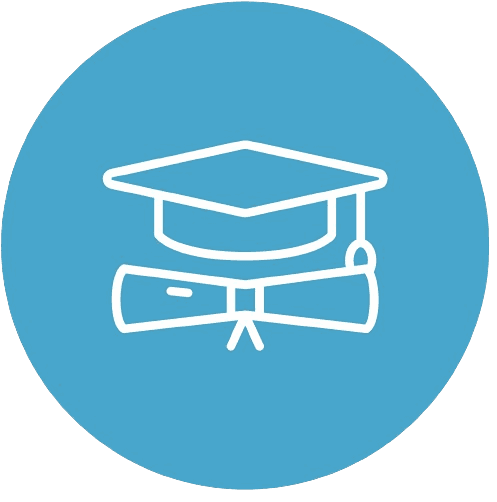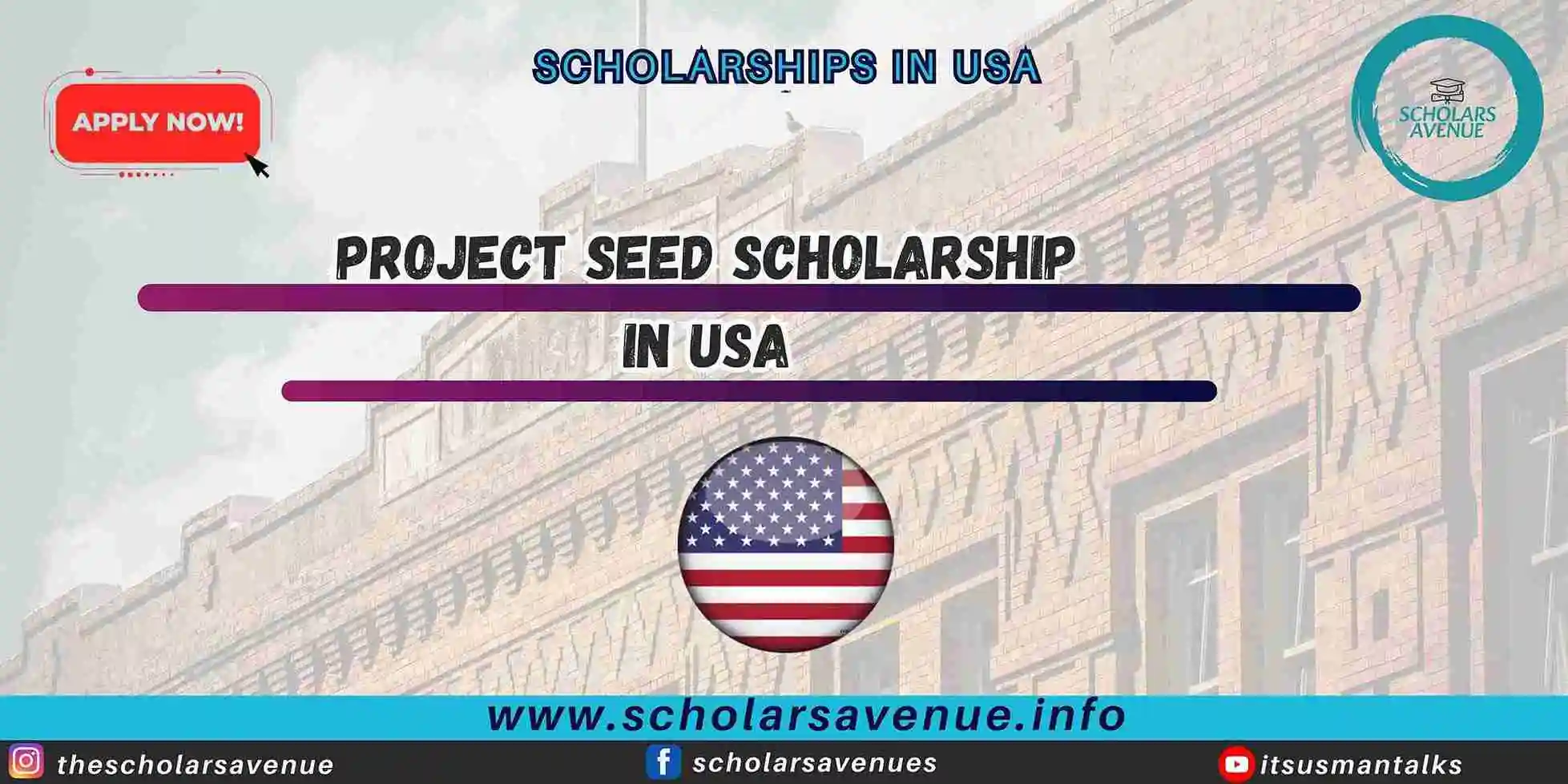The cost of study in South Korea for international students in 2025 depends on several factors, including the university, study program, and city of residence. Given its excellent education system, sophisticated technology, and dynamic cultural experiences, South Korea has quickly become a popular location for overseas students. While cities like Seoul and Busan provide top-notch academic institutions, they also incur more living costs. Smaller cities, though, offer students more reasonably priced choices. Students can effectively control their budget while studying in South Korea with good financial planning, scholarships, and access to part-time employment.
Understanding the financial requirements is crucial for those who plan to study in South Korea. Living costs and tuition charges differ greatly according on the institution and lifestyle choices. Private universities have higher prices; albeit, public ones are usually less costly. Apart from tuition, students should evaluate expenses for housing, food, travel, and other daily necessities. Fortunately, several scholarship programs and on-campus employment can help foreign students. The main costs covered in this blog will help you plan financially and so enable your academic path to study in South Korea to be smooth and rewarding.
Also check, Free IELTS preparation with AI | Prepare IELTS with Chatgpt
1. Tuition Fees for International Students in South Korea
Tuition fees largely depend on the university and the field of study. Below is an estimated range of costs for 2025:
Undergraduate Programs:
- Public universities: USD 1,500–USD 6,000 per semester
- Private universities: USD 3,000–USD 8,000 per semester
- Courses like medicine or engineering may have higher fees
Postgraduate Programs:
- Master’s programs: USD 2,000–USD 9,000 per semester
- MBA programs: USD 5,000–USD 11,000 per semester
Doctoral Programs:
- Tuition fees range from USD 2,000–USD 7,000 per semester
- Many PhD programs offer tuition waivers or monthly stipends
2. Living Costs in South Korea
Besides tuition, international students must plan for living expenses while they study in South Korea. Here’s a breakdown of the monthly costs:
Accommodation:
- University dormitories: USD 200–USD 600
- Off-campus housing (shared): USD 400–USD 800
- Private studio apartments: USD 600–USD 1,000
Food:
- Groceries: USD 200–USD 300
- Eating out (occasional): USD 100–USD 200
Transportation:
- Public transport pass: USD 40–USD 60
- Taxis (rarely used by students): USD 3–USD 10 per trip
Utilities & Internet:
- Electricity, water, gas: USD 80–USD 150
- Internet & mobile: USD 30–USD 50
Personal Expenses:
- Entertainment, clothing, hygiene: USD 50–USD 100
3. Scholarships and Financial Aid
To ease the cost of study in South Korea, several financial aid options are available:
Government Scholarships:
- GKS (Global Korea Scholarship): Covers full tuition, flight, living allowance, and language training
- Korea Foundation Scholarships: Support for postgraduate humanities and social science students
University Scholarships:
- Offered by top institutions like Seoul National University, Korea University, Yonsei University
- Based on academic merit and/or financial need
Private Scholarships:
- Sponsored by Korean companies and international organizations
- Vary in amount and duration
Part-time Work:
- Students with a D-2 visa can work up to 20 hours/week during semesters
- Full-time work allowed during holidays
- Jobs in cafés, language tutoring, or university offices are common
Also check, Cost of Study in Japan for International Students
4. Tips to Save on Costs
Managing finances while you study in South Korea becomes easier with smart choices:
- Live in university dorms: They are more affordable and often include meals
- Cook meals at home: Groceries are cheaper than frequent take-out
- Use T-money cards: These offer discounted travel across subway and bus lines
- Take advantage of student discounts: On attractions, museums, and restaurants
- Purchase secondhand books and supplies: Facebook groups and university forums offer great deals
5. Currency Exchange & Banking in South Korea
Efficient money management is key when you study in South Korea:
- Currency Exchange: Use platforms like Wise, Revolut, or local Korean banks for better rates
- Open a local bank account: Essential for receiving scholarships, job payments, or paying bills
- Banking apps: Korean apps like Kakaobank and Toss are very popular among students for easy transfers and payments
Also check, Chinese Government MOFCOM Scholarship 2026
International students 2025 study costs in South Korea will depend on program, location, and lifestyle. Seoul could be more expensive, but lesser cities provide just as excellent academic programs at a fraction of the price. The total cost might appear great given tuition ranges from USD 3,000 to 9,000 each semester and monthly expenditures average USD 800–1,200. However, it is quite possible to cheaply live in South Korea given several scholarships, side jobs, and prudent spending patterns.
Looking to maximize your chances of acceptance?
Consider using our Professional Services to polish your application and stand out from the crowd.
For detailed videos on relevant opportunities check out:
Frequently Asked Questions (FAQs)
What is the average tuition fee for international students to study in South Korea?
Public universities charge between USD 1,500–6,000 per semester, while private ones range from USD 3,000–8,000.
Which Korean cities are most affordable for students to study in South Korea?
Cities like Daegu, Daejeon, and Gwangju have lower living costs compared to Seoul or Busan.
Can I work while studying in South Korea?
Yes, international students with the proper visa can work part-time during semesters and full-time during breaks.
Are scholarships available for international students to study in South Korea?
Yes, many scholarships including the Global Korea Scholarship (GKS) fully fund international students.
Are there application fees for Korean universities? to study in South Korea
Yes, application fees typically range from USD 50 to USD 150 per university. Always check the university website for updated figures.










